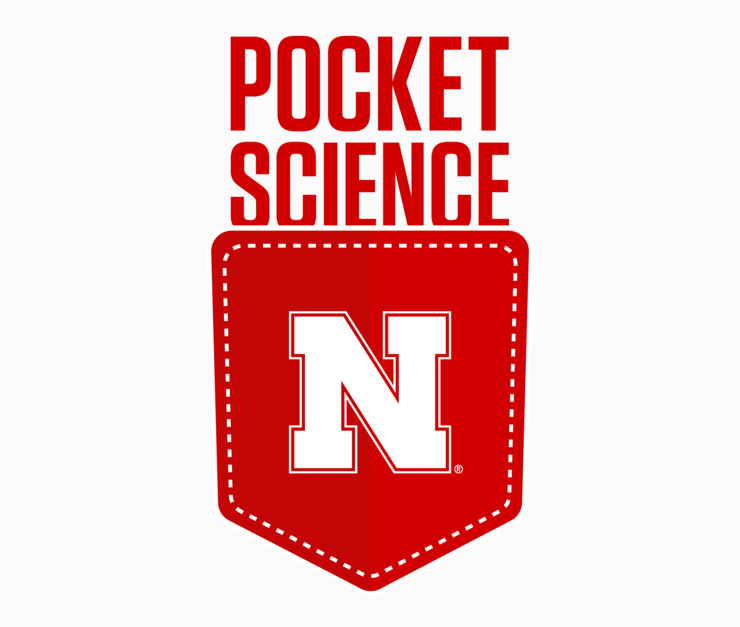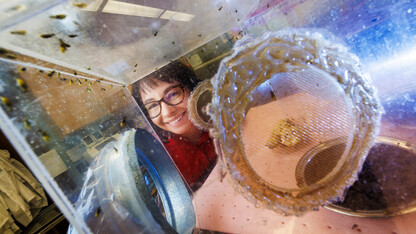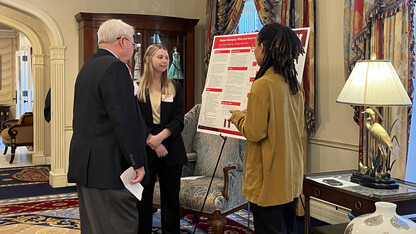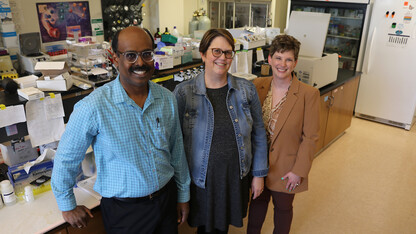· 2 min read
Military veterans step more into STEM

Welcome to Pocket Science: a glimpse at recent research from Husker scientists and engineers. For those who want to quickly learn the “What,” “So what” and “Now what” of Husker research.
What?
For decades, an alarm has been sounded over the workforce shortage in science, technology, engineering and mathematics fields and the lack of gender and racial diversity in many STEM occupations.
The military has a long tradition of recruiting young adults who are underrepresented in STEM fields and promoting military service as a way to gain STEM skills. Husker sociologist Regina Werum, together with graduate students Sela Harcey, Jacob Absalon and Alice MillerMacPhee, teamed up with Christina Steidl at the University of Alabama in Huntsville to explore the association between military service and earning STEM bachelor’s degrees.So what?
The researchers analyzed 2014-2018 data from the American Community Survey to examine two questions: To what extent is military service associated with higher rates of earning a bachelor’s degree in a STEM field? And to what extent is this relationship gendered?
The study found that veterans are more likely to earn STEM degrees than their civilian peers. Military service is even more strongly associated with earning STEM degrees among women, and it especially boosts their representation in traditionally male-dominated fields.
Now what?
In their paper, recently published in “Socius,” the scientists conclude that military service helps diversify the STEM workforce. Their findings also bolster the claim that military service has positive life-course effects, especially on educational outcomes and income potential — particularly for women. The authors also suggest that these findings may point to providing more experiential opportunities for young adults that expose them to STEM skills, broadening participation in STEM careers.
The research was supported by the National Science Foundation.








